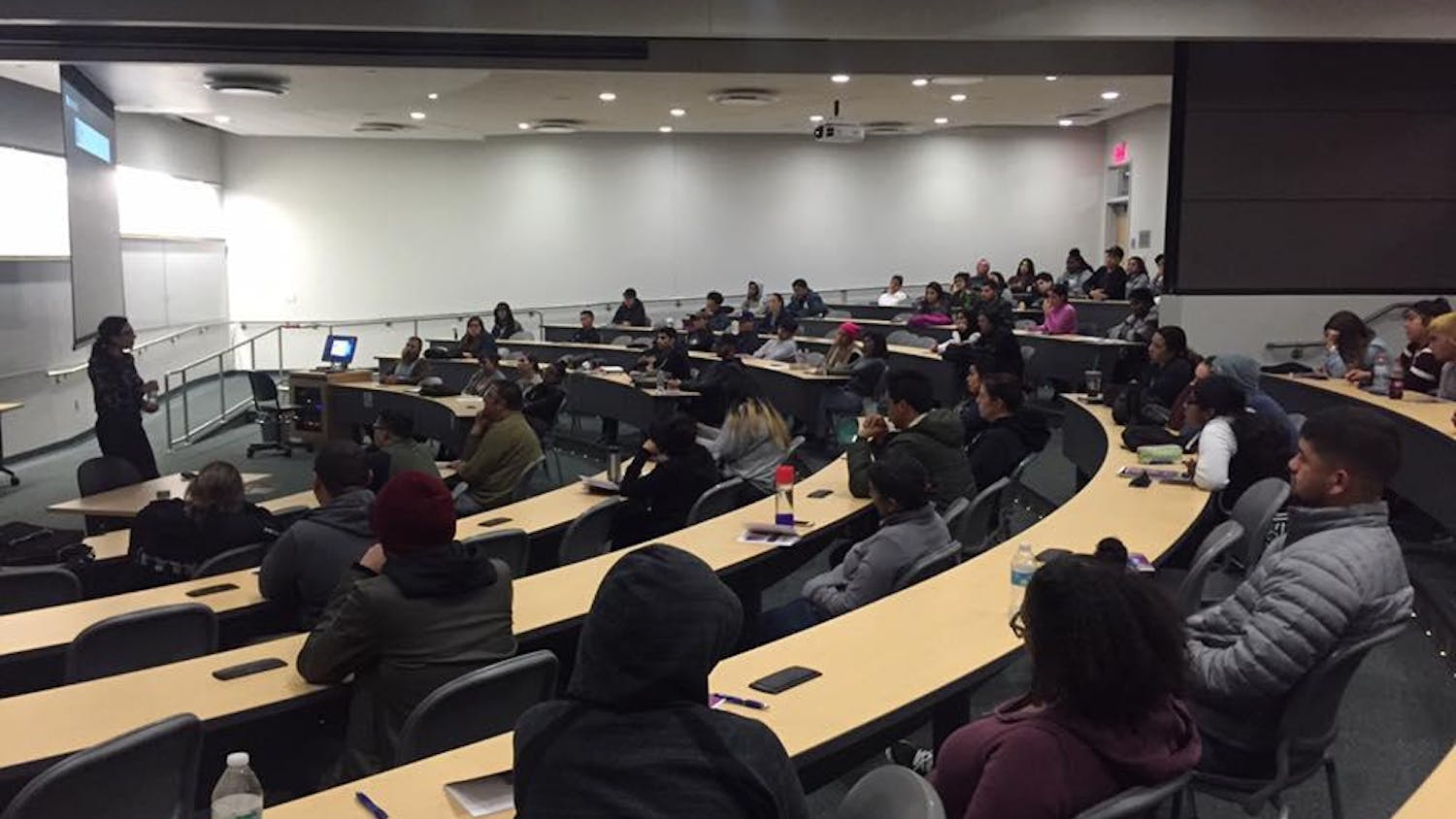By G. Connor Salter | Contributor
We all know we'll struggle in this life. If you've grown up in Christian circles, you probably know this very well. The church probably taught you Bible verses about how God promises to be with us in hard times. The sad thing is that sometimes the church is where we struggle. Sometimes our biggest difficulty is simply getting other Christians to accept us. Sometimes God calls us to do things other Christians don't understand, and we feel cut off from the church.
As a fiction writer, I've learned a little bit about what this feels like. My big passion is writing science fiction and fantasy, and my faith influences my stories, but not explicitly-my themes are Christian, but my characters are usually not. Unfortunately, this kind of writing is not accepted by many Christians.
By and large, American Protestants have said you can't be a good Christian writer or artist unless your work is brutally, obviously Christian. Skye Jethani discusses this in his book "Futureville," and researcher David Kinnaman also mentions it in "You Lost Me." Christian artists who use their gifts in mainstream culture tend to be criticized, even condemned, for it.
For several years, I chose to be angry and bitter about this. I couldn't understand why God gave me a gift other Christians didn't respect. Then this past year I realized something: God sometimes calls us to do things other Christians don't agree with.
I know that sounds weird. Some of you may be thinking, "Doesn't the Bible say we should be unified?" Well, yes and no. We are certainly called to follow Scripture (Psalm 119:9) and we should have godly people around to guide us (Proverbs 15:22). We should also get along with other Christians as best we can (Ephesians 4:2).
But the Bible doesn't say God always calls us to do things everyone agrees with. In fact, some Biblical stories and modern-day examples show the opposite.
In Jeremiah 38, an invading army threatens Israel and the prophet Jeremiah gives the Israelites a message from God: they must surrender. The Israelites throw Jeremiah in an empty well for being unpatriotic.
In Acts 10-11, God tells Peter to forget his prejudice against non-Jews and go preach at a Roman soldier's home. Peter does what God tells him, and the church in Jerusalem responds by convening a heresy trial.
In 1956, a man named Loren Cunningham felt God calling him to send young people out as missionaries to every continent. He became a minister, started an organization called Youth With A Mission (YWAM), and began sending young missionaries out all across the world. Everything seemed to be going great until one day the head of his denomination told Cunningham he had to either make YWAM smaller and exclusive to their denomination, or resign as minister.
God's ways, it turns out, aren't always the church's ways.
So where does that leave us? I have two strategies for dealing with being "unacceptable."
First, I view it is as an opportunity-many Christians won't approve of my work, and I will almost certainly get criticized for it. So I must seek God's approval first and rely on his strength to keep being who he has called me to be. This forces me to grow spiritually in ways I wouldn't otherwise.
Second, I try to love those who disagree with me. I could get angry at other Christians for not seeing my perspective. It would even feel good to do so. But it wouldn't be loving as Jesus loved-it would be loving as the Pharisees loved. The Pharisees favored anyone who agreed with them; Jesus went out to people who definitely didn't agree with him and loved them anyway.
Neither of these things is easy to do. But I believe if God calls you to do something that is difficult and unpopular, he will give you strength to do it. We will pass through rough waters in this life, but God keeps them from sweeping over us; we will walk through fire, but we will not be burned (Isaiah 43:2).





